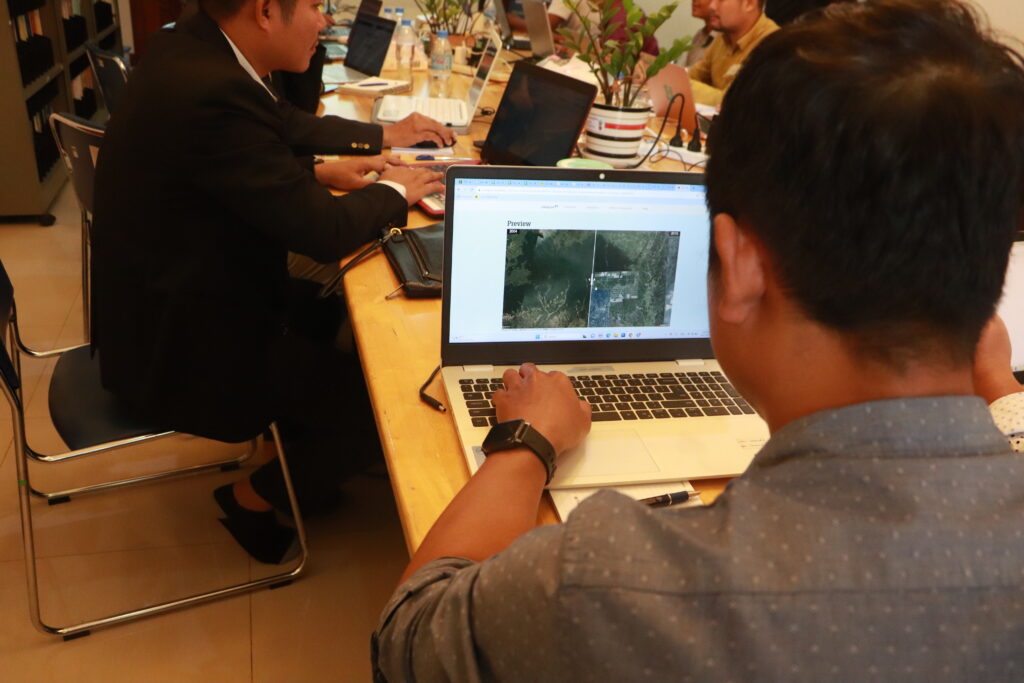Open Development Cambodia (ODC) conducted data literacy training for Civil Society Support-Cluster members and their networks on 04th July 2023. The training course is designed to improve participants’ understanding of data, data standards, and interactive visualization. We also trained participants data visualization skills. This skill is expected to improve their data visualization in reporting.
There are 31 participants (11 females) from ADHOC, NEP, YEA, Epic Arts, CHRAC, SVC, Bophana Centre, CENTRAL, LoveIsDiversity, and other networks took part in the training.
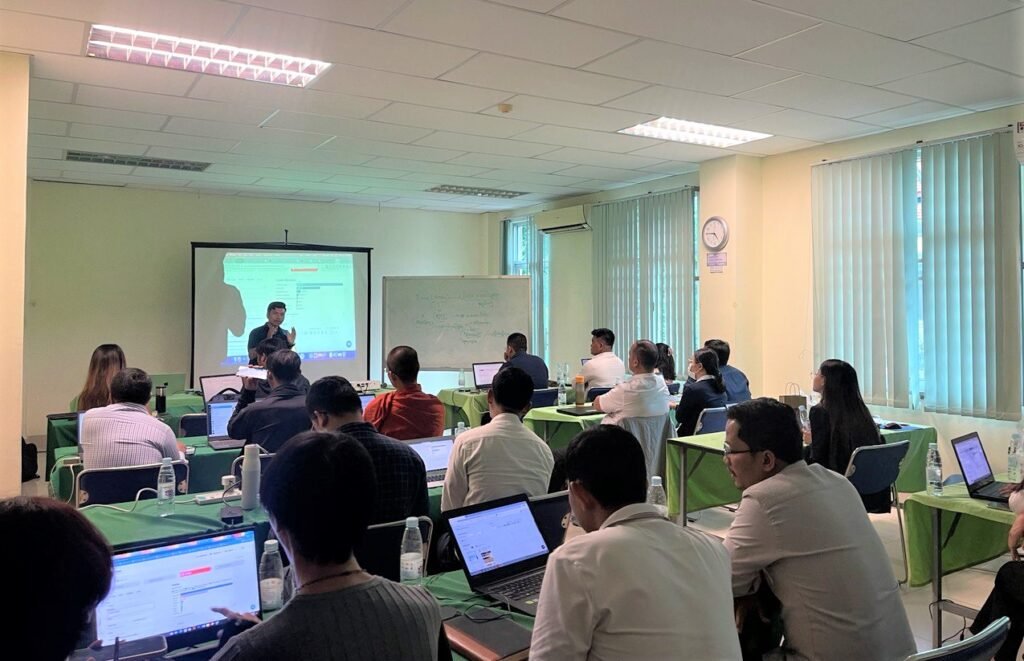
Mr. Vong Pisith, Senior Data Research & GIS Officer/Capacity Building Coordinator of Open Development Cambodia (ODC), kicked off the training by introducing the general concepts and overview of data literacy and why it is important for the participants. He asked the participants to take the pre-test to assess their capacity.
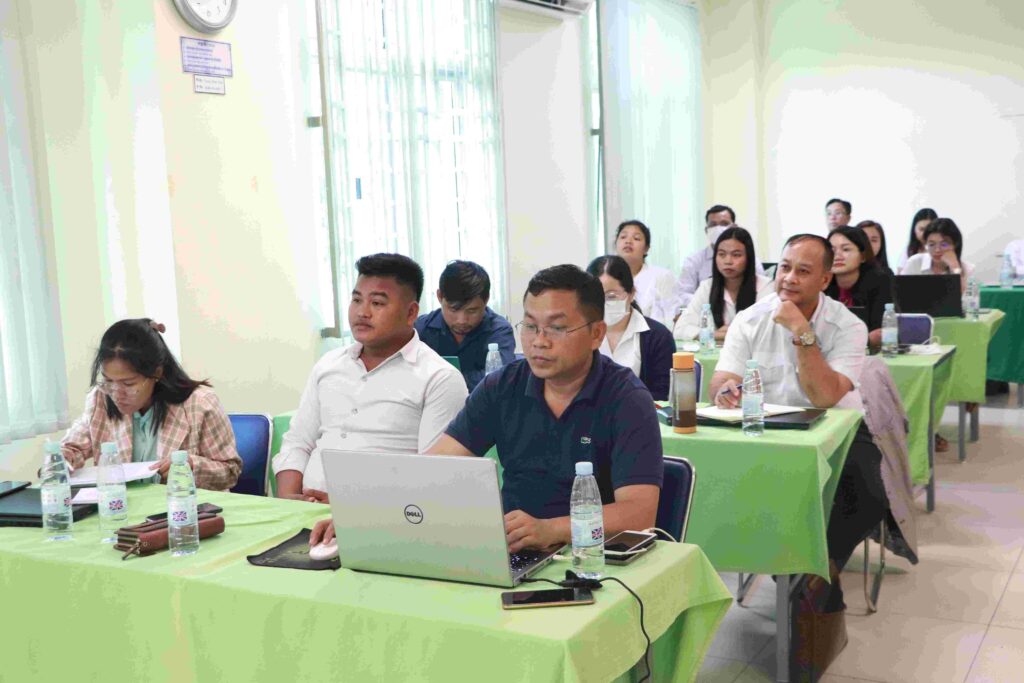
He then began the lesson with the topic “Understanding data” to ensure that the trainees understand what data is, the different types of data (qualitative and quantitative data), and the data format. The trainees were then introduced to the data standard: understand data format and tabular data standard.
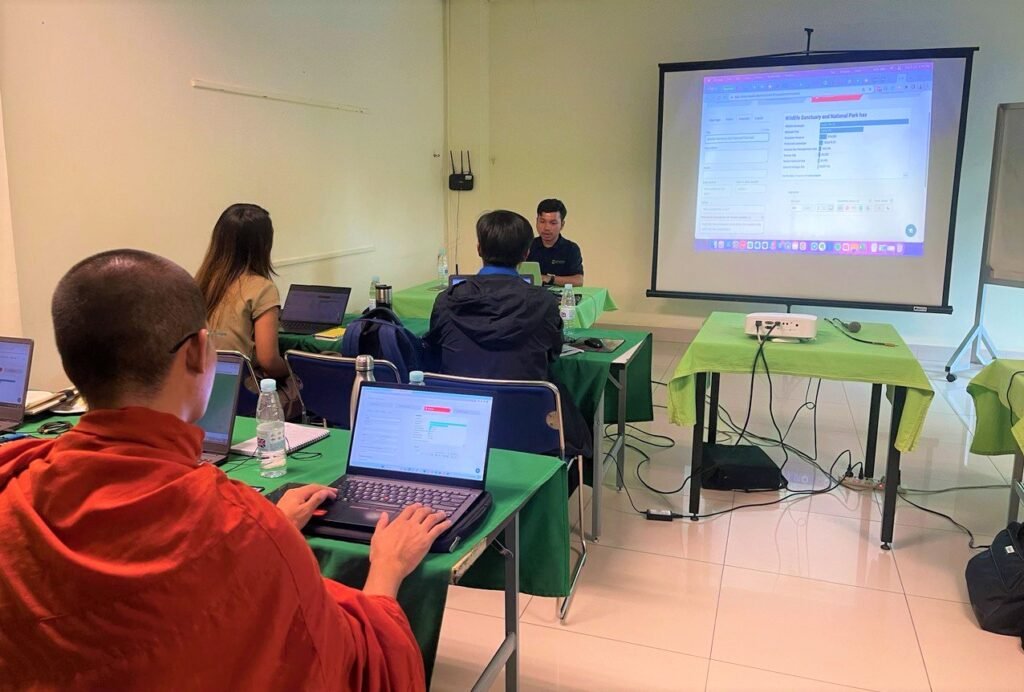
Furthermore, the data visualization principle: How to choose the right chart type for data presentation was emphasized. The session was discussed why we need data visualization, what data visualization is, how to choose the right chart type, and what to consider when visualizing data. Finally, the trainees were given the post-test and evaluation to complete.
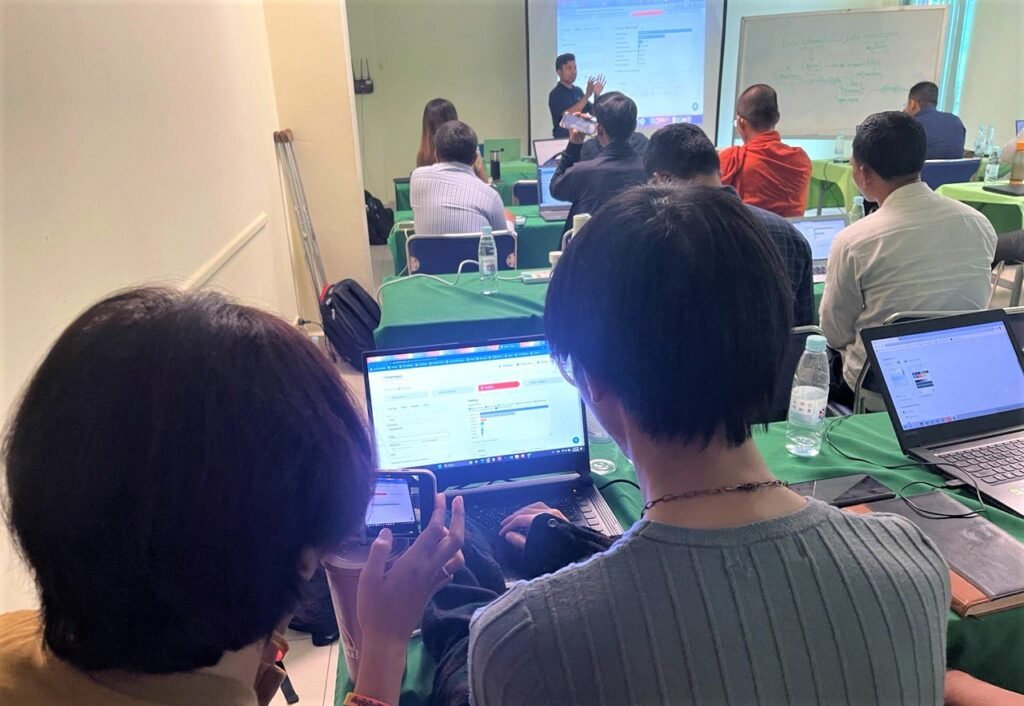
The training was conducted as part of the Civil Society Support (CSS) Project, which was funded by the United States Agency for International Development (USAID) through Family Health International (FHI 360) under the Learning Platform (LP).
